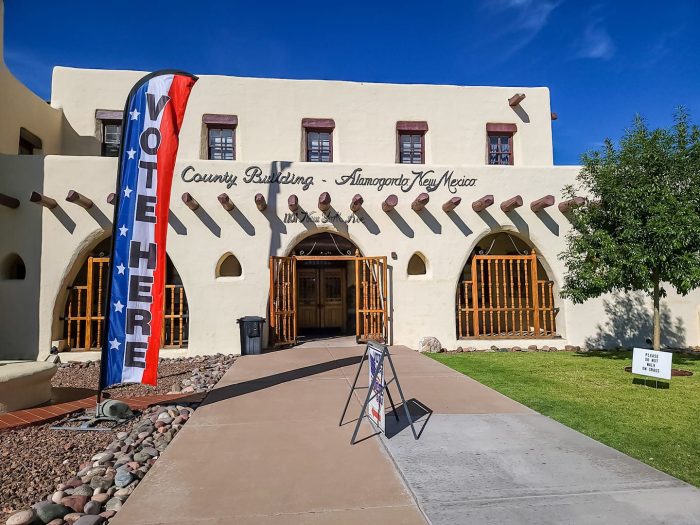How do county officials gain office? This comprehensive guide delves into the intricate processes and strategies employed by aspiring county officials to secure electoral victory. From campaign tactics to voter engagement, this exploration unveils the multifaceted nature of county elections, empowering readers with a profound understanding of the political landscape.
The second paragraph provides a descriptive overview of the various aspects of how county officials gain office, including the types of elections, eligibility criteria, voting procedures, and campaign strategies.
1. Elections and Voting Processes: How Do County Officials Gain Office

County officials are elected through various types of elections, including primary elections to determine party nominees and general elections to choose the final candidates. Voters must meet eligibility criteria, such as being a registered voter within the county and meeting age requirements.
Voting procedures include in-person voting at polling places, absentee voting by mail, and early voting options.
Campaign Strategies and Tactics, How do county officials gain office
Candidates employ diverse campaign strategies to win elections, such as building a strong campaign team, developing a compelling message, and utilizing effective communication channels. Tactics may include door-to-door canvassing, phone banking, social media outreach, and targeted advertising.
Political Parties and Endorsements
Political parties play a significant role in county elections, providing support, resources, and endorsements to candidates. Endorsements from influential organizations, such as unions or community groups, can sway voter decisions. Political alliances can influence election outcomes by consolidating support and mobilizing voters.
Media Coverage and Public Relations
Media coverage is crucial in county elections, shaping public perception of candidates. Candidates engage with the media through press releases, interviews, and debates. Public relations efforts help build positive candidate profiles and manage reputation.
Community Involvement and Outreach
Community involvement is vital for candidates to connect with voters and demonstrate their commitment to the community. Outreach programs include attending local events, participating in community organizations, and meeting with residents. Establishing strong relationships with community leaders can enhance candidate credibility and support.
Leadership and Qualifications
Voters seek key leadership qualities in county officials, such as integrity, communication skills, and a commitment to public service. Successful candidates typically possess a combination of educational, professional, and personal backgrounds that align with the demands of the position.
Incumbency and Term Limits
Incumbents have advantages in county elections, such as name recognition and access to resources. However, term limits restrict the number of consecutive terms an official can serve, providing opportunities for new candidates to challenge incumbents.
Voter Turnout and Demographics
Voter turnout in county elections is influenced by factors such as election timing, candidate popularity, and campaign mobilization. Demographic trends, such as age, race, and income, can impact election outcomes and candidate strategies.
Election Law and Regulations
County elections are governed by legal frameworks that ensure fair and transparent processes. Candidates must navigate ethical and compliance issues, including campaign finance laws and disclosure requirements.
Post-Election Analysis and Transition
Post-election analysis identifies trends and lessons learned. Newly elected officials undergo a transition process, including staff appointments and policy implementation. Recommendations for improving the electoral system and increasing public trust can be made.
Clarifying Questions
What are the key factors that influence voter turnout in county elections?
Voter turnout in county elections is influenced by factors such as the competitiveness of the race, the level of public interest in local issues, the accessibility of polling places, and the overall political climate.
How can candidates effectively engage with the media during a county election campaign?
Candidates can effectively engage with the media by building relationships with local reporters, issuing press releases, holding press conferences, and participating in debates and interviews.
What is the role of political parties in county elections?
Political parties play a significant role in county elections by providing organizational support, fundraising assistance, and voter mobilization efforts to their candidates.

